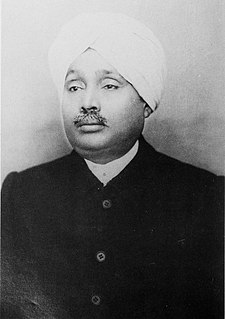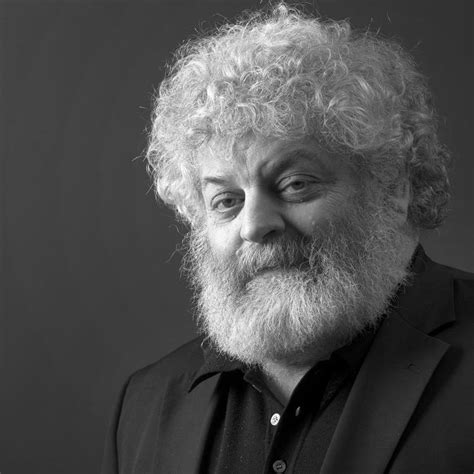A Quote by Mahatma Gandhi
Among the many misdeeds of the British rule in India, history will look upon the act depriving a whole nation of arms as the blackest.
Related Quotes
Among the many misdeeds of the British rule in India, history will look upon the Act depriving a whole nation of arms as the blackest. If we want the Arms Act to be repealed, if we want to learn the use of arms, here is a golden opportunity. If the middle classes render voluntary help to Government in the hour of its trial, distrust will disappear, and the ban on possessing arms will be withdrawn.
The freedom fighters in India's long struggle for independence from British rule, or members of the African National Congress, were once classed as terrorists. History, as they say, is written by victors, but history also has many cunning corridors - how much time must elapse before all those tricky side-passages are revealed?
Many of the ugly pages of American history have been obscured and forgotten. A society is always eager to cover misdeeds with a cloak of forgetfulness, but no society can fully repress an ugly past when the ravages persist into the present. America owes a debt of justice which it has only begun to pay. If it loses the will to finish or slackens in its determination, history will recall its crimes and the country that would be great will lack the most indispensable element of greatness — justice.
Let me remind you that you have a two-fold task to perform. With the force of arms and at the cost of your blood you will have to win liberty. Then, when India is free, you will have to organize the permanent army of Free India, whose task it will be to preserve our liberty for all time. We must build up our national defense on such an unshakable foundation that never again in our history shall we lose our freedom.
There are many similarities between India and America. If you look at the last few centuries, two things come to light. America has absorbed people from around the world and there is an Indian in every part of the world. This characterizes both the societies. Indians and Americans have coexistence in their natural temperament. India and the United States of America are bound together, by history and by culture. These ties will deepen further.




































